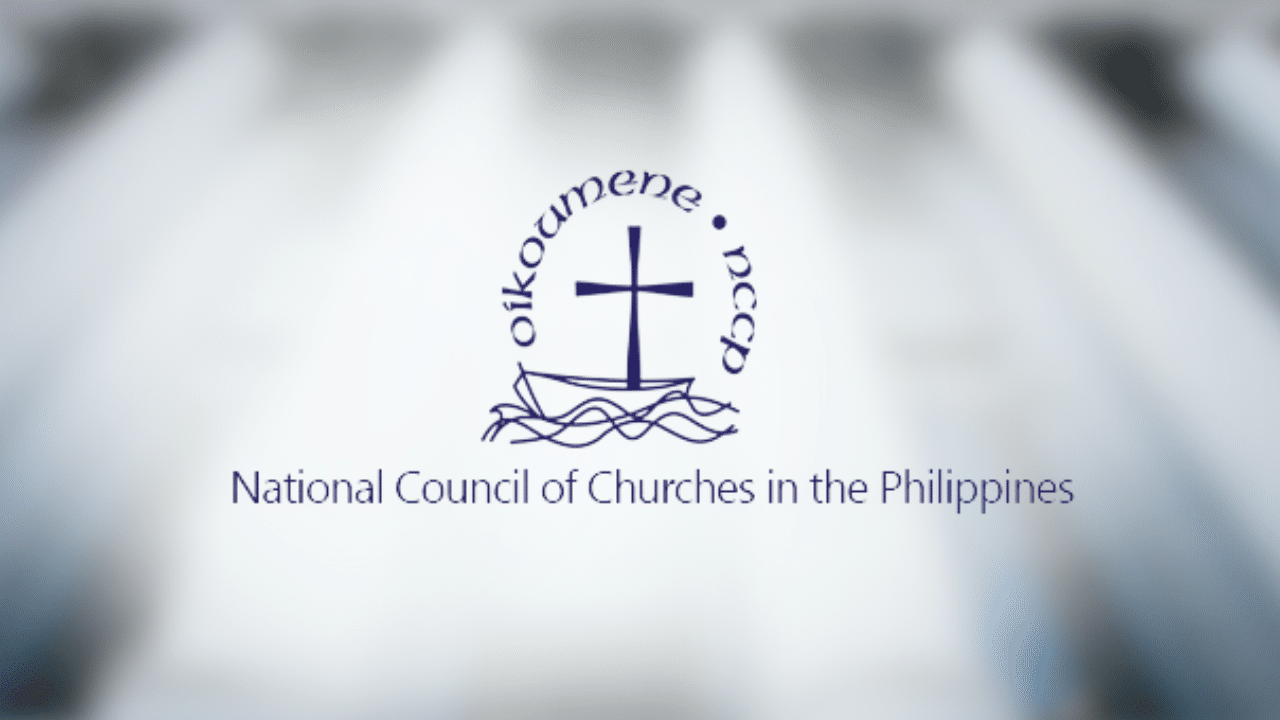MANILA, Philippines — The Sandiganbayan’s recent decisions that dismissed an ill-gotten wealth case against the Marcoses and acquitted former senator Juan Ponce Enrile of plunder dismayed a group of Christian churches in the country.
“These dismissals of cases serve as a sobering reminder of how challenging it is to pursue justice and hold those in power accountable for their actions,” the National Council of Churches in the Philippines (NCCP) said in a statement Friday.
On October 4, the anti-graft court’s Special Third Division cleared Enrile, his former aide Gigi Reyes, and Janet Lim-Napoles of plunder, stemming from allegations that they amassed P172.8 million from the ex-senator’s Priority Development Assistance Fund or pork barrel from 2004 to 2010.
READ: Enrile, Reyes, Napoles cleared of plunder in pork barrel case
Also on October 4, the Sandiganbayan dismissed a P276-million civil case against the estate of former President Ferdinand Marcos Sr. In this case, Marcos Sr. and his wife Imelda Marcos were accused of using their associate Roman Cruz to purchase parcels of land supposedly through ill-gotten wealth.
The NCCP acknowledged the impact of long trials on the accused and the weakening of cases itself but it also lamented “a clear disparity in the treatment of those with connections and influence, compared to the average citizen.”
READ: Imee Marcos laments ‘painful’ wait for ill-gotten wealth case dismissal
“Corrupt politicians can use their wealth and connections to rehabilitate their public image and even run for office once again, or pass their positions down to their relatives. Meanwhile, the people who have suffered from their corruption will continue to bear the consequences for generations to come, as impunity persists in the political system,” the group said.
“We must remain vigilant against public officials who abuse their positions for personal gain, plundering the public coffers instead of serving the well-being and interests of the common people,” it added.
The NCCP then appealed to the public to carefully scrutinize candidates in the coming 2025 midterm elections, urging them to put first contenders whose records are “free from corruption” and whose service to marginalized sectors is “consistent.”
